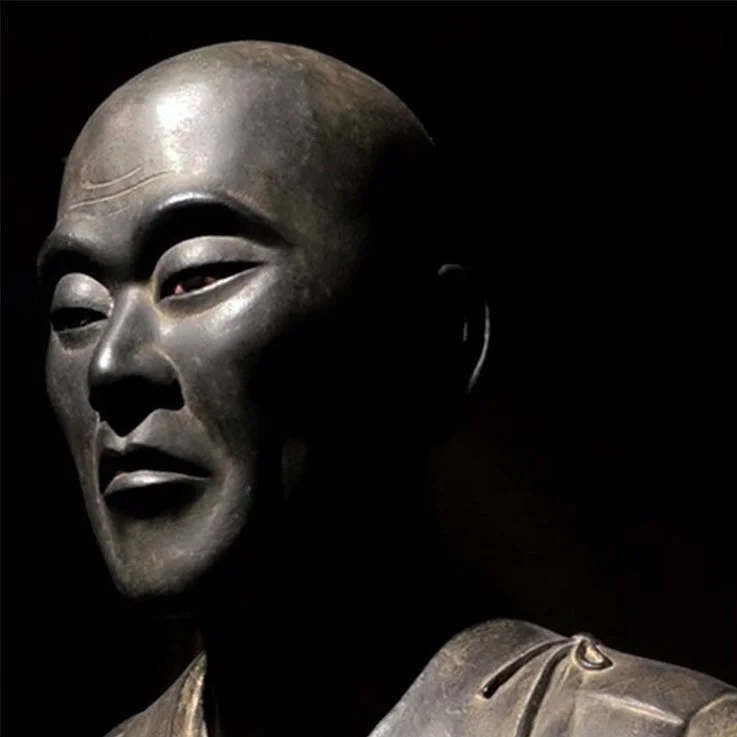Our Study Course:The Vow 22 Programme
The Vow 22 Programme was named after the 22nd vow of Dharmakara Bodhisattva in the Larger Pure Land Sutra. This vow establishes the bodhisattva ideal within the Pure Land tradition. The aim of the programme is to provide education in Buddhist thoughts from a Pure Land Buddhist perspective. This is an approach to Buddhism grounded in the Pure Land tradition, especially Japanese Pure Land, incorporating critical and socially engaged perspectives. While we centrally draw upon the Japanese Amidist tradition, this is a living faith that is an expression of the faith history of all humankind. Tradition here does not simply mean the transmission of something unchanged from the past. It means the continued life of the spirit in the world in an ever new revelation.
The Vow 22 Programme currently comprises four parts, each with a number of modules that we will continue to add to over time. Our approach is to offer people a menu of subjects that can be tailored to individual interests. This is not a linear study programme with a defined start and end. It’s more like a spiritual support package, which people use as a guide to their own journey.
Part 1: Foundation
This section delves into the history of Pure Land Buddhism, tracing its origins and development across various cultures and time periods. It will explore the foundational scriptures and key figures who shaped its early teachings.
Part 2: Concepts
The section explores some of the core concepts in Pure Land Buddhism by building upon the foundational knowledge established in Part 1,
Part 3: Faith and Practice
This section bridges the theoretical understanding of Pure Land Buddhism with its practical application in everyday life. It will explore the central role of faith in the Pure Land tradition and examine various devotional practices such as the recitation of Amitabha's name (nembutsu), the making of vows and offerings, and the cultivation of mindfulness in daily activities.
Part 4: Ethics
This section specifically focuses on the ethical dimensions of Pure Land Buddhist practice. It will explore the ethical guidelines and precepts that are relevant to Pure Land practitioners, examining how the core tenets of compassion, non-harming, and mindfulness manifest in daily conduct.
The course is delivered via Google Classroom and is available free of charge to all sangha members on our mailing list However, if you are able to offer a small donation to support our running costs it would be very much appreciated. Please email vow22prgramme@gmail.com for further details.
Paripurna Richard Ollier, the main course leader writes: Vow 22 aims to provide students with a comprehensive grounding in the history, philosophy and practice of Pure Land Buddhism. It is suitable for those who simply wish to widen and deepen their knowledge of a form of Buddhism that has a long tradition in Asia, but which is a relative newcomer in Europe, as well as for people pursuing ministry in various forms.
Students do not have to write traditional ‘essays’ in response to assignments (though they can certainly do so if they wish), and can produce creative work (poems, diagrams) and small pieces of research if these kind of response meet their needs. We work in a spirit of inclusion, and value student enthusiasm! We aim to comment in reasonable detail on each assignment submitted to us, but we do not ‘grade’ assignments: we are interested in helping people educate themselves, not in ‘assessing’ them. Students can work at their own pace through the modules – we realise that people often have busy work and family lives, and have to fit studying in around these. We are especially interested in assisting students to reflect constructively on their own ‘religious lives’.


